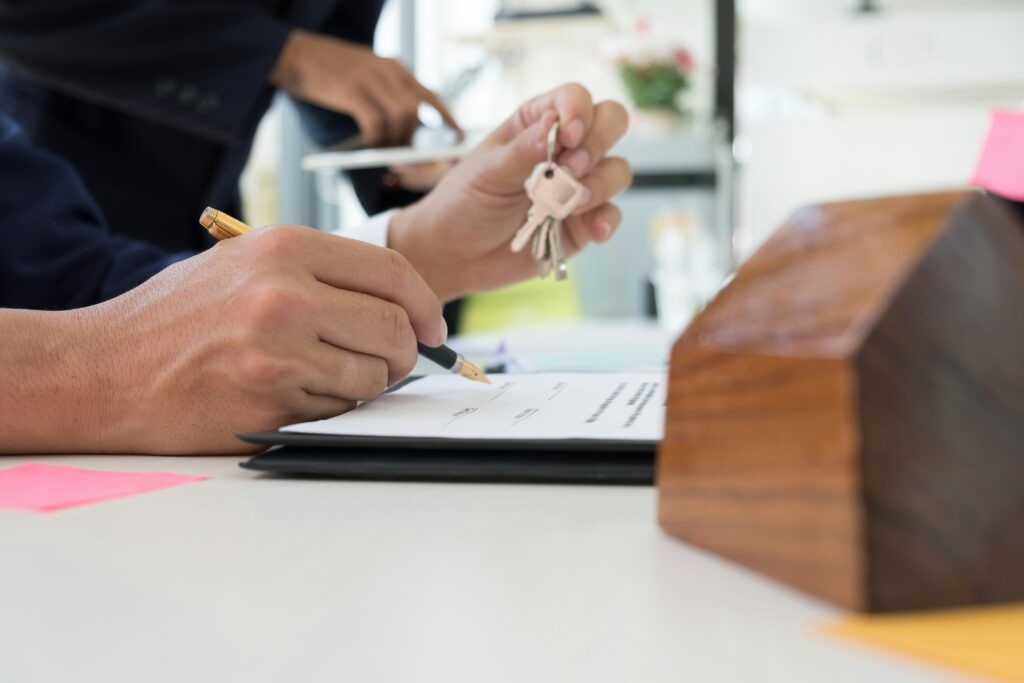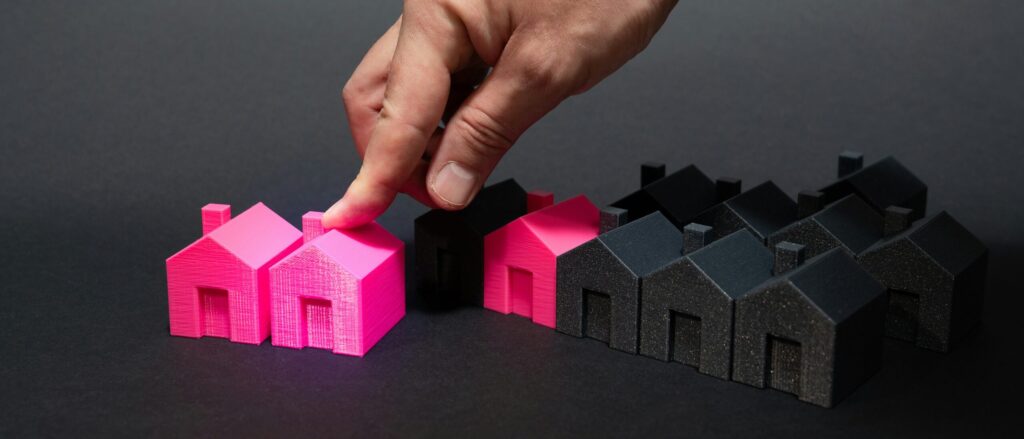
How Much Does It Cost to Remortgage?
Remortgaging can be a smart financial move, helping you secure a better deal, reduce monthly payments, or release equity from your property. However, it’s essential to understand the costs involved to determine if it’s the right choice for you.
The total cost of remortgaging can vary widely depending on your circumstances and lender. In this guide, we’ll break down the typical costs associated with remortgaging, highlight potential savings, and offer tips to keep expenses manageable.
In some cases, selling your property instead of remortgaging might be a more strategic choice, especially if your goals involve downsizing, relocating, or clearing significant debt.
Whether you’re switching to a better rate, accessing additional funds, or considering selling, knowing the costs upfront can help you make an informed decision and avoid unexpected surprises. Let’s explore the key expenses to consider.
How much does it cost to remortgage in the UK?
To better understand the costs, it’s helpful to break them into two categories: the costs of leaving your current mortgage (if applicable) and the costs of setting up the new mortgage. The exact charges will depend on factors such as the remaining term of your current deal, legal fees, and whether you choose to use a mortgage broker. The fees mentioned here are based on information collected from various lenders, brokers, and solicitors.
What fees do I pay to end my current mortgage?
If you’re considering remortgaging, you’ll need to know how long is left on your current deal. The earlier you try to leave a lender, the more expensive it will likely be.
Early repayment charge
The Early Repayment Charge (ERC) is often the most significant cost when remortgaging. If you plan to switch mortgages before your current deal ends, your lender will likely charge an ERC. This fee typically ranges from 1% to 5% of your outstanding mortgage balance, with the percentage decreasing as you get closer to the end of your mortgage term.
ERCs usually apply during the initial rate period of fixed-rate deals but can also appear on some tracker mortgages. If you are already on your lender’s Standard Variable Rate (SVR), an ERC is unlikely to apply.
In some cases, lenders may allow you to add the cost of the ERC to your new mortgage to spread the expense. However, this means the ERC will accrue interest over the life of the mortgage, increasing the total cost. Additionally, this could affect your Loan-to-Value (LTV) ratio, potentially moving you into a higher interest rate bracket.
Exit fee
For some, this seems a rather unnecessary fee, especially if your current deal has already ended. The exit fee covers the cost of the admin costs of closing down your current mortgage agreement and switching it. Not all lenders will charge this, but if yours does, expect a fee of £50 – 70.
Deeds release fee
The deed release fee is paid to cover the costs of transferring your property deeds from your current lender to a new one. Typically, this costs around £300. However, some lenders combine this fee with the exit fee to charge you one amount for both services. Some lenders who will have incorporated this charge into your mortgage agreement when you took it out so you may find that you’ve in fact paid it already ahead of time.
What are the costs of a new remortgage deal?
When switching lenders, you’ll typically face more costs than if you were to stay with your current lender. A product transfer (staying with your current lender) usually incurs fewer charges than remortgaging, as much of the necessary work has already been done.
The fees listed below serve as a general guide but be cautious – costs can vary significantly between lenders and solicitors.
Arrangement fee
This cost comes from the new lender or your current if setting up your new mortgage deal. They will be calculated at a percentage of the borrowed amount and could range from £500-£2,000 or more. These are often asked for upfront but can sometimes be bolted onto your mortgage. Just remember, if you fix the cost to your mortgage, interest will be added.
Valuation fees
With a new lender now supplying you with their cash, they want to see that the amount being asked of matches the value of the home. By having a valuation carried out, they can determine whether they can lend to you and at what rate. These fees should cost up to £500 but can easily exceed £1,000 for larger or more unusual properties. Some remortgage deals will include these valuation fees for free so check before committing to anything.
Booking fee
This is a fee a lender charges to “book in” or lock down a particular deal while your mortgage application is being processed. It isn’t charged by all but if it’s a fee you have to cover, expect to pay up to £300. This is a non-refundable fee, so should your application not be successful, you’ll still have to cover it.
Conveyancing fees
You may have thought you’d heard the last of conveyancing when you initially purchased the property. However, taking a new mortgage deal from a new lender means that the lender needs to be added to the title deeds. To do this, a solicitor/conveyancer needs to be appointed. They will handle this, and any other legal work required for the mortgage and property. This could see a total of £200-£400 added to your total expense, however, some lenders will offer free conveyancing. Like with other fees, remain aware that lower fees or free services may be accounted for by higher rates.
Broker fees
If you have gone down the route of a mortgage broker, they will need paying. How much you pay depends on the property value and the services provided. Mortgage brokers are an invaluable asset as they as free from bias and will give vital information relating to rates, terms, fees and more. Expect their fees to be around the £500 mark or a set percentage of the property value.
The mortgage itself
After all the fees have been paid, you have the mortgage itself. This monthly expense takes into account your outgoings, your credit score, the property value and more. As a result, we can’t tell you what those costs will be, however, MoneyHelper tells us that in 2024, the average monthly mortgage cost was £1,293.
Can I avoid early repayment charges when I remortgage?
You can but you need to make sure you factor in the expiry of your current deal with the start of the new one. If you allow your current term to end, you won’t need to pay any ERC at all. Should you leave the mortgage before its term ends, an ERC will apply, and this can easily run into thousands of pounds.
Remortgaging can be complex and expensive and with all the associated fees, may prove to be more challenging than you first thought. You could always look to sell your house fast to cash house buyers like us. Our team at Sell House Fast guarantees a sale for your property, and as we buy any house, its location, condition or type doesn’t matter. With a rapid offer, you can have your home sold in a timeframe that suits you. Contact us today to find out how.


